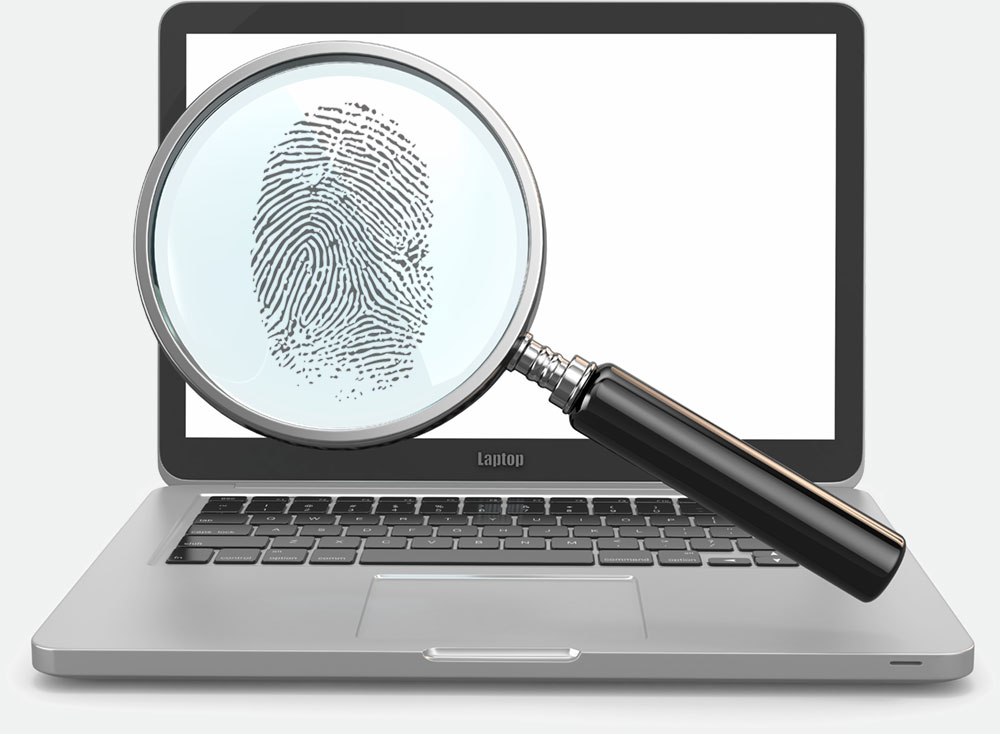Free for Law Enforcement
The IIPCIC programme of study for law enforcement consists of 5 online curriculums, industry-specific courses, pre-recorded webinars, podcasts and short courses. An IIPCIC certificate endorsed by INTERPOL is available to download after successful completion of each curriculum and industry-specific/short course. All police officers, customs officers, prosecutors, and regulatory body representatives can take the IIPCIC training without charge.
Are you interested in enrollment and have a law enforcement email address?
You may self-enroll using the 'Create Account' button:
Create AccountAre you from law enforcement but DO NOT have an official email address?
Please click the 'Request Course Access' button and fill out the form on our Course Enrollment Request page:
Request Course AccessInvestigating Online Counterfeiting and Piracy
This 8-module advanced level curriculum explores Investigating Online Counterfeiting and Piracy. The learning is based on the assumption that students will already be broadly familiar with the Internet and online terminology. It is also assumed that students will be aware of the nature and extent of piracy, and the trafficking of counterfeit and pirated goods through the Internet. The advanced course examines investigating online counterfeiting and piracy in detail to provide students with the knowledge and skills required to successfully lead and manage online criminal investigations.
Note: IIPCIC Introductory and Intermediate Curriculums must be successfully completed prior to enrollment in this curriculum.

This curriclum is currently available in English, Spanish and Mandarin and consists of 8 modules. Students must complete each module and pass the accompanying quiz with a score of 80% or better to complete the training and receive their downloadable certificate.
L3.1: Structure of the Internet
In this training we will discuss the structure of the Internet, how it is managed and delivered worldwide for the collective benefit of all concerned. How the Internet is composed of many different digital IP addresses, domain names and associated networks, which are accessible through various Internet Service Providers (ISPs). These ISPs offer storage and service to consumers in a variety of forms, each with distinct advantages and disadvantages, which have the potential to assist or hinder investigations into criminal activities.
L3.2: Online Platforms
In this training we will discuss various online platforms, including but not limited to: social networks, discussion forums, and online marketplaces. Learners will acquire information regarding the types and forms of websites encountered by both consumers and pirates alike, as well as how these sites might be exploited by either party.
L3.3: Methods of Connection to Suspects
In this training we will discuss various means of communication and web access, as well as what types of evidence they may offer to investigators. Learners will gain an understanding of how criminals gain access to the Internet and communication tools used to exploit online platforms and distribute counterfeit and pirated goods. When criminals use the Internet and online platforms, they leave a trail which an online investigator can follow to collect intelligence and evidence of their crimes.
L3.4: Information Available to Online Investigators
In this training we will have a more in-depth look at the information and data left behind by criminals as they engage in the various parts of the Internet. Learners will acquire a more comprehensive understanding of the analytical tools available to them and how they might assist in a criminal investigation.
L3.5: Online Distribution of Counterfeit Goods
In this training we will discuss how to differentiate between online counterfeiting and online piracy, the breadth and ready availability of many diverse types of counterfeit products, and how these activities violate applicable laws. Learners will gain knowledge of how organized criminals systematically exploit the Internet supply chain worldwide to distribute counterfeit products on an industrial scale.
L3.6: Online Distribution of Pirated Digital Content
In this training, online piracy is explored in general and in detail, with much examination dedicated to digital piracy and its social and legal status in various parts of the world. Learners will gain a deeper comprehension of the drivers (both consumer and criminal) and consequences of digital piracy, in addition to possible strategic needs and goals in relation to combatting such crimes.
L3.7: Investigating Online Infringement
In this training we will take a closer look at the methods and processes for prosecuting criminal activity, including, but not limited to, the gathering of intelligence and analysis of Internet systems. Learners will be able to apply past and current knowledge and assemble an understanding of how to commence an online criminal investigation via evidence collection.
L3.8: Digital Crime Scene Management
This training has a specific focus on digital crime scene management and reinforces the need for investigators to adopt a systematic approach to investigating all kinds of trafficking in illicit goods. Strategies for the maintenance of a criminal investigation are detailed and additional tools and processes available to investigators are examined. Learners will build upon their past knowledge in order to adopt effective management strategies for the continued pursuit of online criminal activity.
On successful completion of the 8 modules and final exam, students are eligible to download an IIPCIC Certificate endorsed by INTERPOL certifying they have “successfully completed an advanced course of professional studies on Investigating Online Counterfeiting and Piracy”. The certificate course, recognized by INTERPOL, provides IP crime professionals with evidence of specialist awareness and learning on the subject of Investigating Online Counterfeiting and Piracy.

Excellent well-presented and well-structured course. Very informative.